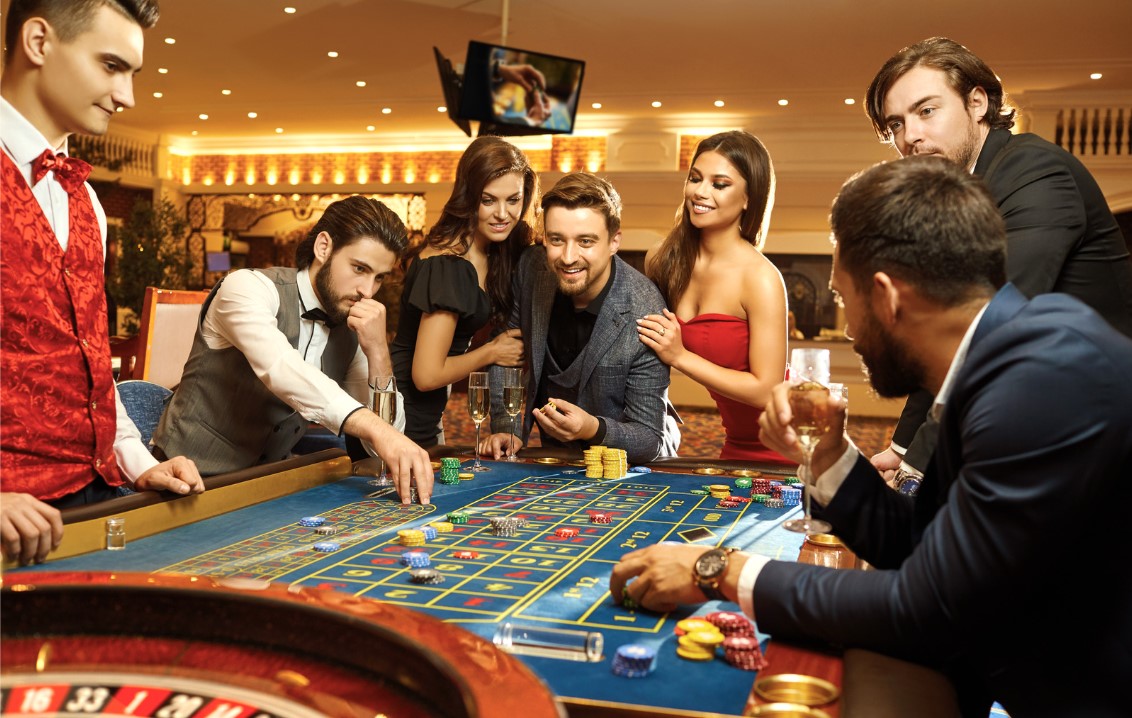Last Updated on August 29, 2024

Roulette is a game of chance, but to become successful at a professional level, certain traits and strategies are essential. Professional roulette players possess a unique combination of skills, knowledge, and mindset that set them apart from casual players. Here’s a look at the key winning traits of a roulette pro.
Key Traits of a Roulette Pro
1. Patience and Discipline
- Long-Term Focus: Professional roulette players understand that the game is inherently risky and that short-term losses are inevitable. They approach the game with a long-term perspective, staying focused on the bigger picture rather than getting discouraged by temporary setbacks.
- Bankroll Management: Effective bankroll management is a cornerstone of professional play. Successful players set strict budgets for their gaming sessions and stick to them, ensuring they can play longer and withstand losing streaks. This disciplined approach prevents them from making impulsive decisions that could jeopardize their funds.
2. Knowledge of the Game
- Understanding Odds and Payouts: A pro has a deep understanding of the various types of bets in roulette, along with their respective odds and payouts. For example, they know that a straight-up bet on a single number pays 35 to 1, while an outside bet like red/black pays even money. This knowledge allows them to make informed decisions that align with their strategy and risk tolerance.
- Familiarity with Table Layouts: Knowing the layout of the roulette table and the implications of different betting strategies is crucial. This includes understanding the differences between European and American roulette, particularly how the house edge varies between the two. A professional player uses this knowledge to their advantage, choosing the version of the game that offers the best odds.
3. Strategic Thinking
- Adopting Effective Strategies: Professional players often employ well-thought-out betting strategies, such as the Martingale or 64% strategy, which involves covering two out of three dozen bets to increase the chances of winning. These strategies are carefully selected and adapted based on the dynamics of the game and the player’s bankroll.
- Observational Skills: While each spin of the roulette wheel is independent, some professionals believe in tracking outcomes to identify potential patterns or biases. This requires keen observation and analytical skills to determine if certain numbers or sections of the wheel are hitting more frequently than others.
4. Emotional Control
- Zen Calm: Emotional control is critical in roulette. A professional must remain calm and composed during both winning and losing streaks. This emotional detachment allows them to make rational decisions, avoiding the pitfalls of impulsive betting driven by frustration or excitement.
- Stealth and Discretion: Many pros prefer to fly under the radar, avoiding drawing attention from casino staff. This involves not only strategic betting but also maintaining a low-profile approach to gameplay, which helps them stay in the game longer without raising suspicion.
5. Technical Skills
- Physics and Mathematics: Some professional players use physics-based strategies, such as predicting where the ball will land based on the speed of the wheel and the dynamics of the ball. This requires a solid understanding of the physical principles at play and can offer an edge in predicting outcomes.
- Use of Technology: Although not universally accepted in casinos, some pros may use technology to track outcomes or analyze wheel biases. However, this approach is met with strict scrutiny from casino security, and players must be cautious when employing such tools.
6. Experience and Practice
- Continuous Learning: Successful roulette players are always looking to improve their game. They practice different strategies, learn from their experiences, and stay updated on the latest trends and techniques in the world of roulette.
- Free Play and Simulation: Many pros recommend practicing in free play modes or using simulations to refine their strategies without financial risk. This practice helps them understand the mechanics of the game and test new approaches before applying them in real-money scenarios.
Conclusion
Becoming a professional roulette player is not just about luck; it requires a combination of patience, knowledge, strategic thinking, emotional control, technical skills, and experience. While roulette remains a game of chance, these traits can significantly enhance a player’s potential for success, allowing them to navigate the complexities of the game with confidence and skill. By cultivating these winning traits, aspiring pros can improve their gameplay and increase their chances of achieving long-term success at the roulette table.
